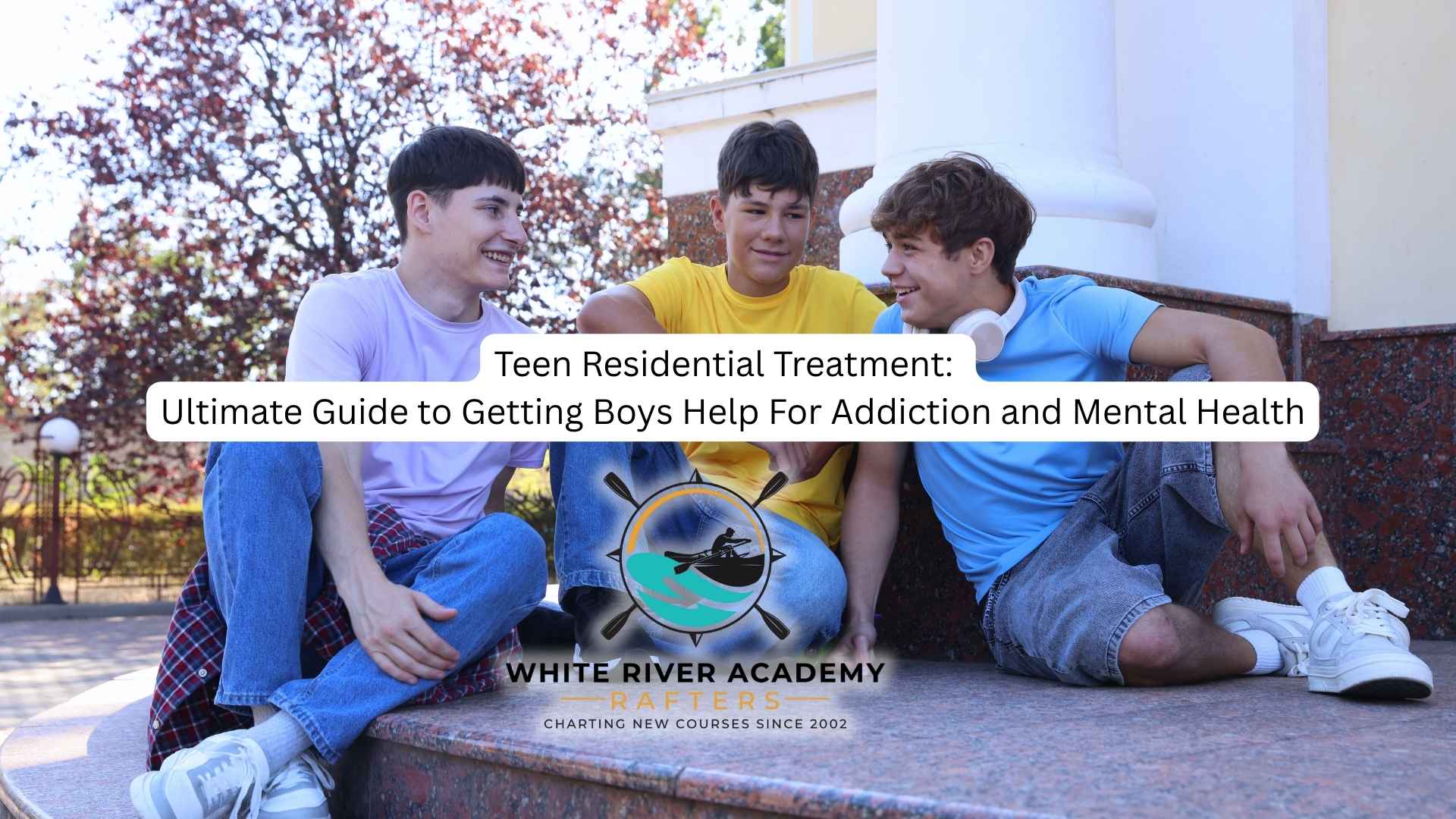Sex addiction in teenagers is a growing concern, shaped by a combination of biological, psychological, and environmental factors. For many young men, challenges such as unstable family environments, emotional struggles, and past trauma are some of the key factors in the development of these behaviors.
In this article, we will delve into the specific factors that contribute to sex addiction in teens and how they create a cycle that can be difficult to break.
What is Sex Addiction?
For adolescent boys, sex addiction is present when the urge to seek out sex becomes uncontrollable, even as it causes serious problems in life. It’s more than just a phase or typical curiosity. It becomes a pattern of behavior that can take over, affecting relationships, school, and overall well-being. Unlike the usual exploration of sexuality that comes with adolescence, sex addiction starts to control a young man’s actions and thoughts, making it harder to break free from the cycle.
If you or someone you know is struggling with sex addiction, check out our tailored programs designed to help adolescent boys address these challenges in a structured, supportive environment.
Understanding the Complex Causes of Sex Addiction in Teenagers
Biological Factors
As young men go through puberty, their bodies change fast. Testosterone levels rise, which naturally increases sexual desire. At the same time, the brain is developing and going through big changes. A chemical called dopamine, which is linked to pleasure, makes sex feel like a reward. Over time, this creates a cycle where sex can become a way to feel good or escape difficult emotions.
But while these biological urges are strong, they aren’t enough to explain sex addiction on their own. It’s the mix of these urges with other emotional and environmental factors that make the difference.
Psychological Factors
A lot of young guys struggle with mental health issues, like anxiety, depression, or low self-esteem. These struggles can make it tough to deal with stress, loneliness, or just feeling lost. For some, sex becomes a way to fill that empty space or numb out challenging emotions. If a guy doesn’t have healthy ways to manage how he’s feeling, he might turn to compulsive sexual behavior as a quick fix, even though it only helps for a short time. This creates a cycle where sex becomes a temporary escape, but the problems never really go away.
The Role of Troubled Backgrounds
If a teen grows up in a challenging home environment, one filled with conflict, neglect, or even abuse, it can lead to problems later in life. For some young guys, sex addiction becomes a way to feel in control or to find comfort when everything else feels out of balance. When a guy hasn’t learned healthy ways to handle stress or emotional pain, he might turn to things like sex to fill that space.

Environmental and Social Influences
Exposure to pornography, peer pressure, and the influence of social media can normalize sex in unhealthy ways. Teens may see sex as something that defines their worth or popularity, leading to compulsive behavior. This pressure can make it even harder to distinguish between healthy relationships and harmful patterns.
Low Empathy and Boundary Issues
Some young guys struggle with understanding how their actions affect others. If you don’t have a clear sense of personal boundaries, you might end up acting impulsively, especially when it comes to sex, without thinking about how it impacts the people around you. When a guy can’t connect emotionally or respect his limits, it can lead to unhealthy relationship patterns. This can make it harder to form real, meaningful connections and cause harm in the long run.
Impact of Childhood Abuse
Teens who have experienced abuse—whether physical, emotional, or sexual—are at a much higher risk of developing sex addiction. Abuse disrupts emotional development, making it harder for young guys to trust others or deal with their feelings. As a result, sex can become a way to cope with unresolved trauma, offering temporary relief but ultimately contributing to a cycle of addiction.
Co-occurring Substance Use
Drugs and alcohol can lower your inhibitions, making it easier to act on impulses like risky sexual behavior. When combined, substance use with sex addiction creates a cycle where each reinforces the other. This makes it even harder to break free, keeping you stuck in a pattern that feels impossible to escape.
Importance of Early Intervention and Treatment
The sooner sex addiction is addressed, the easier it becomes to take control of the situation. Therapy helps teen guys explore the emotional and psychological challenges behind their behavior, but early intervention from both professionals and supportive family members can make a big difference. By understanding the addiction, teens can learn healthier ways to manage their feelings and actions.
With the proper support, including guidance from parents and programs, young men can develop vital skills—like emotional regulation, healthy coping mechanisms, and problem-solving—that help them create a balanced, positive future.
Final Thoughts from White River Academy
Sex addiction can be a serious issue for many adolescent boys, but it’s important to understand that it’s not just about a lack of control. Biological, psychological, and environmental factors all contribute to the development of this condition. At White River Academy, we offer specialized therapeutic programs to help troubled boys overcome their struggles. Our approach focuses on healing through therapy, emotional regulation, and developing healthier coping strategies.




